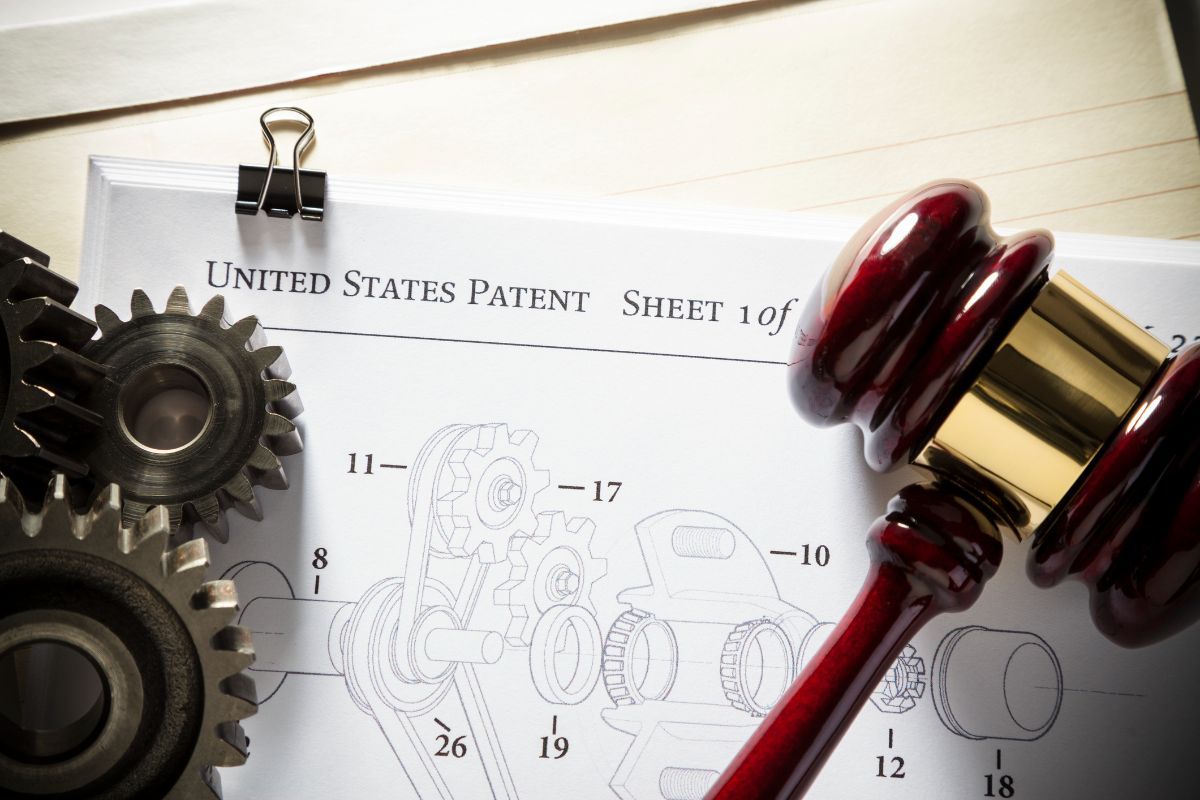There are several common reasons for intellectual property litigation. Many business owners choose a logo, prepare written materials distributed to employees or others, or develop confidential methods for making a product. Sometimes, this intellectual property (“IP”) may fall into the wrong hands. Another business might use your intellectual property without permission. Or you might learn that someone has accused you of copying their intellectual property.
Legal disputes often arise over trademark or copyright infringement, misuse of trade secrets, or licensing. Intellectual property litigation can quickly become complicated. If you are involved in a dispute like this, then you need a lawyer’s advice about the best way to proceed. Contact a knowledgeable IP attorney to discuss your strategy for resolving the situation.
-
Trademark or Copyright Infringement
Trademark or copyright infringement claims are common in the world of intellectual property litigation. A trademark is “used, in commerce to identify and distinguish the goods of one manufacturer or seller from goods manufactured or sold by others, and to indicate the source of the goods”. Trademarks are essentially brand names – they can be “word[s], name[s], symbol[s], or device[s]” that a business uses. For example, if your business has a custom logo, you might learn that another business selling a similar product is using a very similar logo. Conversely, someone could accuse you of copying their logo.
Trademark infringement litigation can be extremely contentious and fact-intensive. You need a lawyer managing the case who is familiar with the voluminous case law on this subject. Our firm can assess the strengths and weaknesses of your specific situation in context and assist you in resolving the IP dispute.
Similar to trademark litigation, copyright infringement litigation can get complicated quickly. A copyright is a designation of ownership assigned to authored works. Items that may be subject to copyright include “original works of authorship”, such as books, articles, manuals, or computer software. You do not need to get a certificate or file anything to hold a copyright. Instead, a copyright originates when you create the material. Someone may take your copyrighted material and use it without your permission. This is often called plagiarism. Conversely, you may be accused of using someone else’s copyrighted material. Like trademark law, copyright law involves a startling amount of legal precedent and fact-specific evaluation. If you are facing a legal dispute involving a copyright, you should speak to a lawyer for advice. At Henke, Williams & Boll, we can handle your intellectual property matter efficiently and knowledgeably.
-
Misuse of Trade Secrets
The misuse of trade secrets is another common reason for intellectual property litigation. Many businesses develop custom manufacturing methods, proprietary methods of doing business, customer lists, and other unique information. For example, food companies often have secret recipes for their products that competitors do not know. These trade secrets could get leaked by disgruntled employees or discovered by business rivals. This is often the beginning of intellectual property litigation.
The law provides redress for businesses when their trade secrets are stolen or exposed to the public without permission. If you believe that your business has a legal issue with trade secrets, please contact our firm for a consultation. We take a close look at our clients’ specific circumstances, which are different in every case. Don’t delay in getting legal advice for your trade secrets dispute.
-
Licensing Agreement Disputes
Finally, a third common area of intellectual property litigation is disputes over licensing agreements. A licensing agreement is a legally binding contract in which one person or business agrees to let another person or business use a piece of intellectual property in exchange for something (usually money). For example, a company could agree to license the software it developed in-house to another business that wants to use the software in its daily operations.
Unfortunately, legal disputes do arise over licensing agreements. For example, the beneficiary of a licensing agreement might start using the intellectual property for a purpose outside the scope of the contract. The property owner might have grounds for legal action to enforce its ownership right or obtain additional licensing fees. Disputes also arise when people have informal or oral agreements to use a piece of intellectual property without specific written permission. If you are struggling with a licensing issue, speak to a knowledgeable IP lawyer for advice.
We Advise Businesses and Individuals on Intellectual Property Issues
As experienced Houston intellectual property and business lawyers, we help our clients facing copyright, trademark, trade secret, or licensing disputes find the best solution possible. We tailor our advice to your unique situation and needs. If you would like to learn more about our services or set up a confidential consultation, call (713) 936-5521 or use our website’s convenient Contact Form.


